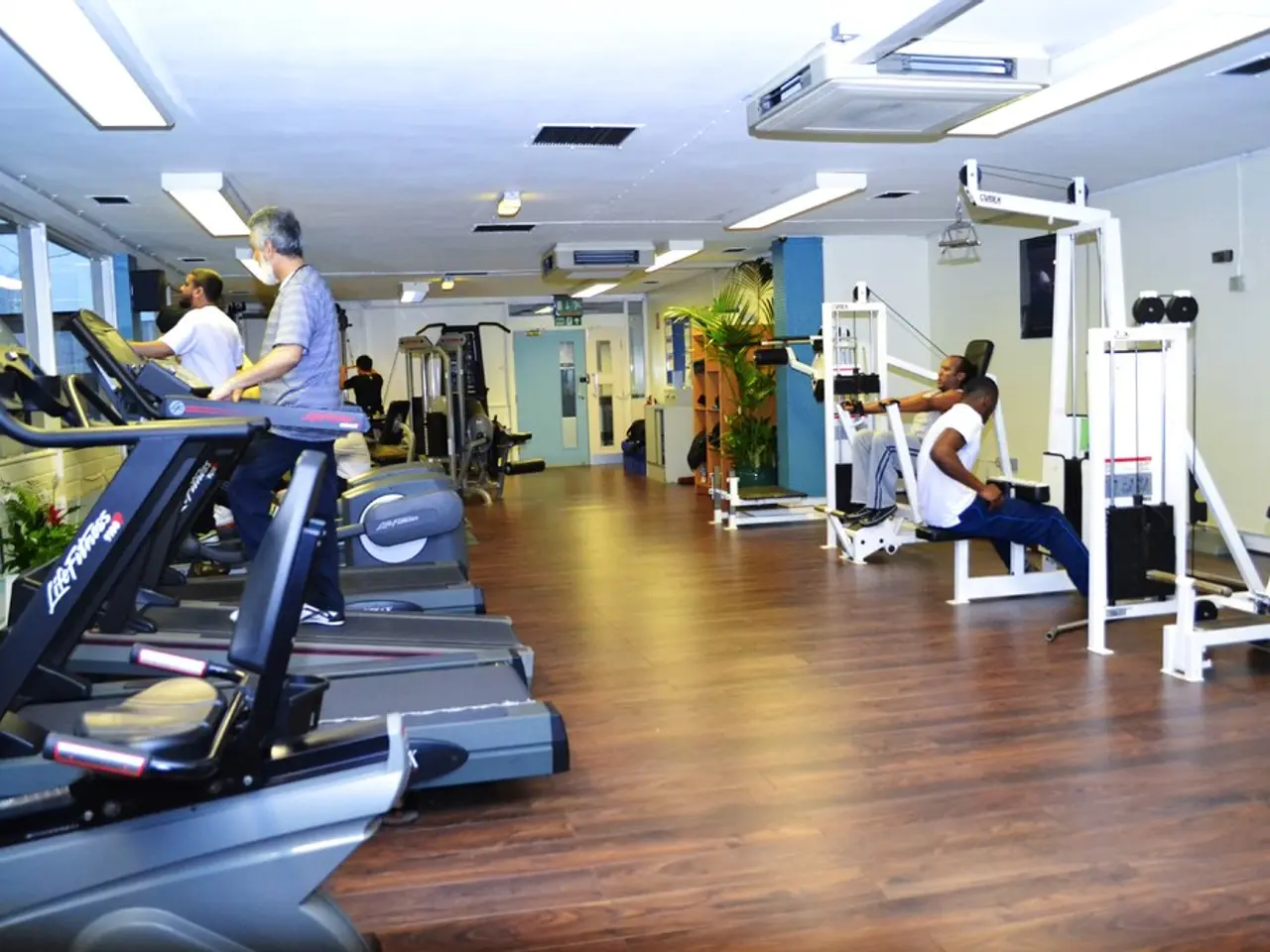Duration of COVID-19 Vaccine Effectiveness: Discussion on AstraZeneca, Moderna, and Others
The COVID-19 pandemic has seen a rapid development in vaccine technology, with several vaccines now available to combat the virus. However, the immunity provided by these vaccines wanes over time, necessitating booster shots to maintain optimal protection.
The Johnson & Johnson vaccine is a single-dose vaccine, providing 66.9% effectiveness in preventing moderate to severe critical COVID-19 disease two weeks after administration, which increases to 85.4% after four weeks. In contrast, the Pfizer-BioNTech and Moderna vaccines, both mRNA vaccines, offer full protection two weeks after the second dose.
While the duration of vaccine immunity is still under research, it is clear that booster shots are essential for all types of COVID-19 vaccines. For instance, the CDC recommends people have a Pfizer-BioNTech or Moderna booster shot at least six months after their second primary series dose or last booster.
The mRNA vaccines produce the highest and most durable neutralizing antibody (NAb) levels after the primary series and booster doses. A Pfizer booster significantly increases antibody levels against multiple variants, maintaining elevated antibody levels at least three months post-booster. However, viral vector vaccines like the Johnson & Johnson vaccine and inactivated vaccines show a less robust or slower response against variants, especially the Delta and Omicron variants, but benefit greatly from boosters.
Protection tends to wane noticeably within six months, especially in older adults and immunocompromised individuals. As a result, regular boosters—approximately every six months for high-risk groups such as elderly care home residents and immunocompromised patients—are advised. For example, the CDC recommends a fourth Pfizer dose for some immunocompromised persons and those over 50.
Booster vaccinations have been shown to significantly reduce severe COVID-19 outcomes, including hospitalizations, particularly in vulnerable populations like cancer patients.
Hybrid immunity, resulting from both vaccination and previous infection with SARS-CoV-2, may offer longer-lasting protection against COVID-19. Some research has found that hybrid immunity can protect a person against COVID-19 for more than a year.
As of November 2022, over 80% of the United States population has received full vaccination with a primary series of COVID-19 vaccines and boosters. The Novavax vaccine, a protein subunit vaccine that uses pieces of the virus's proteins to create immunity, has been shown to be around 90% effective in trials involving more than 15,000 people. The Novavax vaccine also contains a substance called the Matrix-M adjuvant, which helps create a stronger immune response.
In conclusion, protection from boosters peaks shortly after administration and generally remains robust for about three to six months. Regular booster doses are thus advised to maintain optimal protection, especially against emerging variants and in high-risk populations. It's important to note that while the Pfizer-BioNTech and Moderna vaccines provide the strongest and most durable responses, all vaccines benefit from booster doses to maintain immunity against the disease.
- To maintain optimal protection against COVID-19, particularly for high-risk populations, it's advisable to follow the recommended booster doses for vaccines like Pfizer-BioNTech, Moderna, and even the Johnson & Johnson single-dose vaccine.
- The Novavax vaccine, a new addition to the fight against COVID-19, offers around 90% effectiveness in trials and is expected to provide robust immunity when used in combination with booster doses, similar to the Pfizer-BioNTech and Moderna vaccines.




